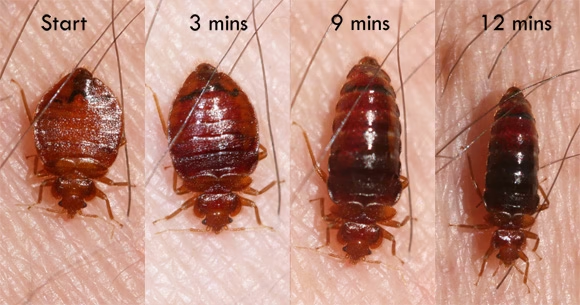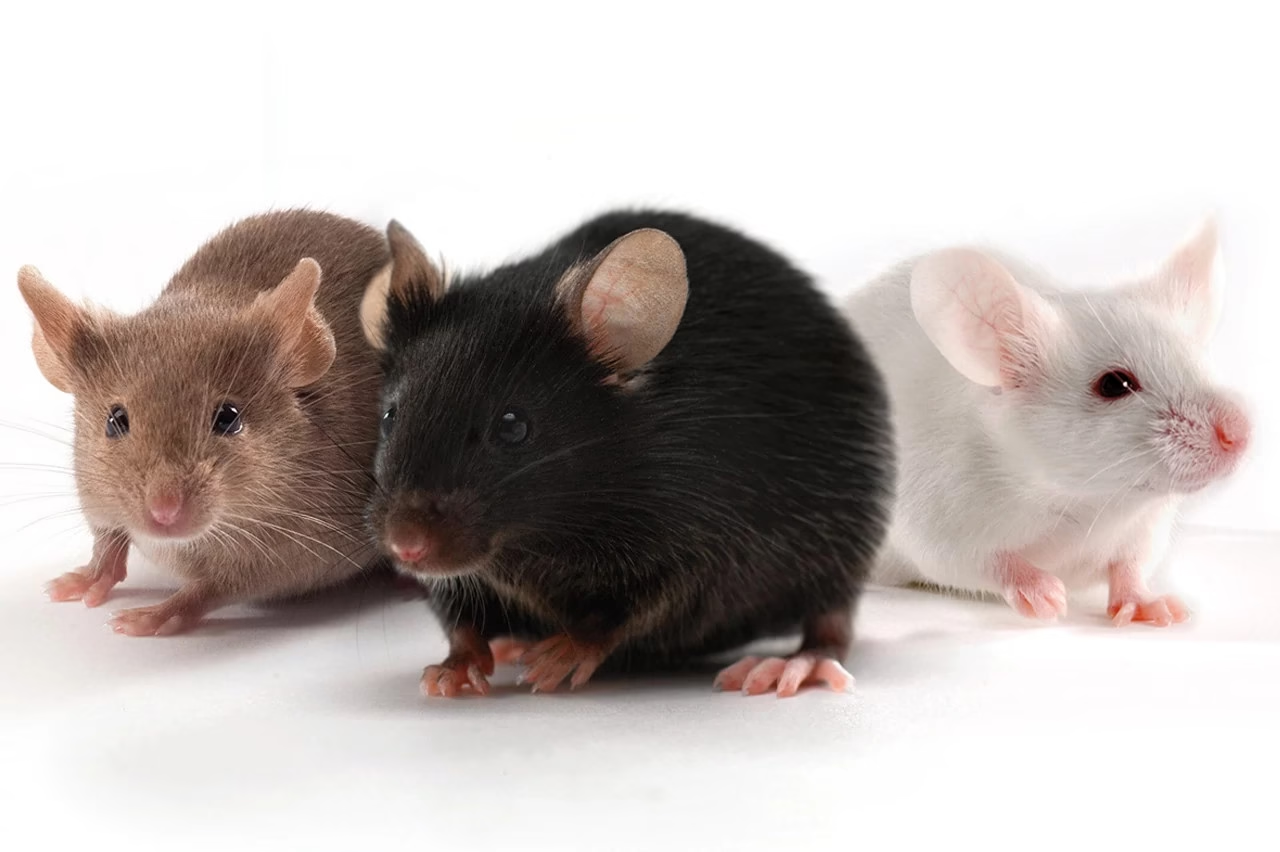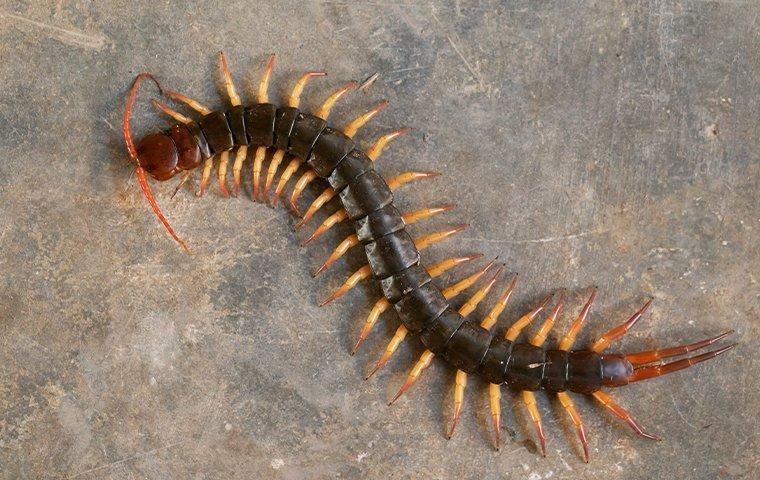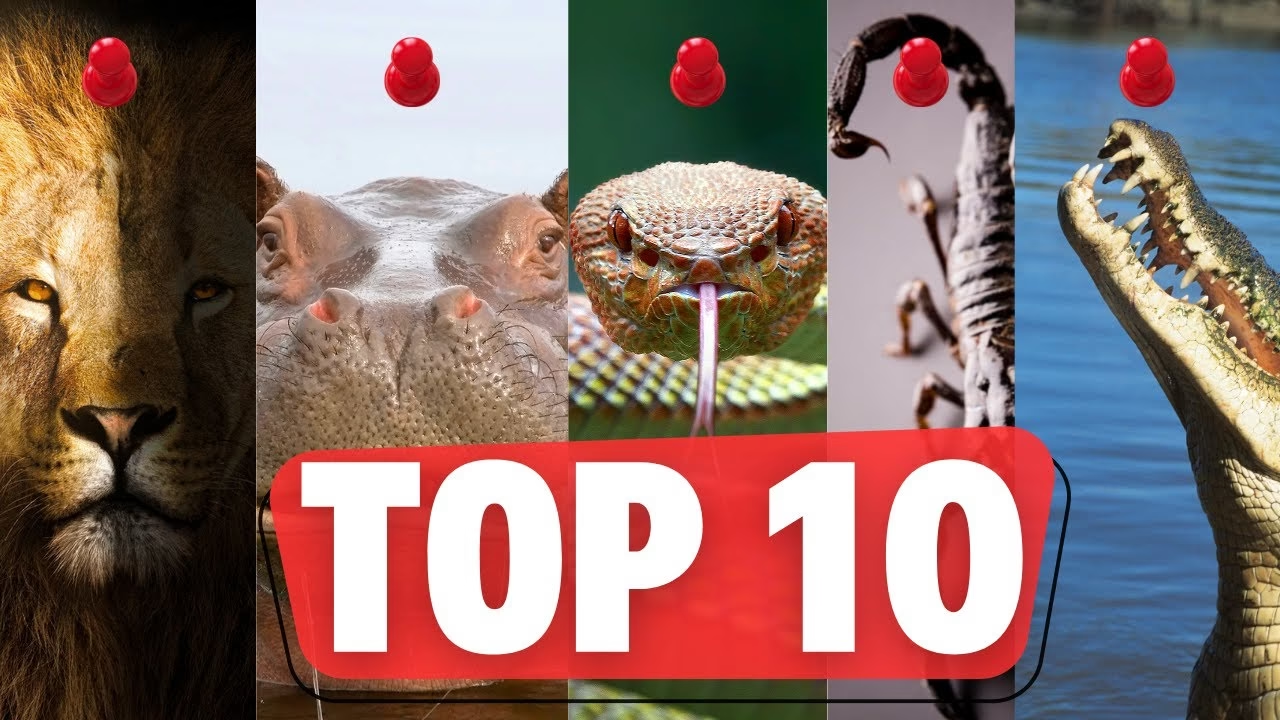Top 10 Worst Animals Find Your Bed
Introduction
Finding an animal in your bed is one of the most unsettling experiences. While we often think of our beds as safe havens, they can unfortunately become the unwanted home to a variety of pests and creatures. These worst animals not only cause physical discomfort but can also pose serious health risks. From tiny, invisible pests like bed bugs to larger, more frightening creatures like rats, the presence of these unwanted guests can disrupt your peace and safety.
The idea of sharing your bed with a spider or waking up to a flea bite can trigger anxiety, and in some cases, these creatures may carry diseases that threaten your well-being. Understanding which worst animals are most likely to invade your sleeping space and how to prevent such encounters is essential. In this article, we’ll explore the top 10 worst animals you might find in your bed and offer tips on keeping your sleep environment clean and secure.
Bed Bugs

Worst animals bed bugs are among the most notorious pests found in beds. These tiny, flat insects feed on human blood, often at night while you sleep. Though they don’t transmit diseases, their bites can cause severe itching, irritation, and allergic reactions. Infestations can be difficult to control due to their ability to hide in cracks, crevices, and even inside the seams of your mattress. Early detection and professional extermination are crucial to eliminating them.
Spiders
Worst animals spiders are another common creature you might find in your bed, often seeking refuge from colder temperatures or seeking prey. While most spiders are harmless, some species, like the black widow or brown recluse, can pose serious health risks with their venomous bites. Even harmless spiders can trigger fear or anxiety, making them unwelcome bedfellows. Keeping your bedroom clean and sealed off from the outdoors can help prevent spider invasions.
Rats
Worst animals rats are not only a nuisance but also a significant health risk when they find their way into your bed. These nocturnal creatures can carry diseases such as leptospirosis, hantavirus, and salmonella. Rats may chew on wires, bedding, and furniture, causing damage. Their presence in your bed is a serious concern, as they can transmit parasites like fleas and ticks. Proper sanitation and sealing any entry points into your home are key to preventing rat infestations.
Cockroaches
Worst animals cockroaches are filthy pests that thrive in dark, warm spaces, making your bed an ideal hiding place. Known for carrying bacteria, cockroaches can spread diseases like gastroenteritis and food poisoning. Their droppings and body parts can trigger allergies and asthma in sensitive individuals. A cockroach infestation in your bed can be particularly unsettling, as these insects scurry across you at night. Regular cleaning and pest control measures are necessary to keep cockroaches at bay.
Mice

Worst animals mice are common invaders in homes, and finding them in your bed can be both alarming and dangerous. These small rodents can carry diseases like hantavirus, salmonella, and leptospirosis, which they spread through their droppings, urine, and saliva. Mice also gnaw on fabric and bedding, potentially causing damage. Their nocturnal nature means they’re more likely to be active at night, making them an unwelcome companion in your sleep space. Keeping food sealed and sealing cracks in your home are essential for preventing mouse problems.
Fleas
Worst animals fleas are tiny, jumping pests that can easily find their way into your bed, especially if you have pets. Their bites are itchy and irritating, and they can cause allergic reactions in some individuals. Fleas are also known to transmit diseases like plague and tapeworms. If your bed becomes infested, it can be difficult to get rid of them without treating both the pets and the environment. Regular pet grooming and home fumigation are key in preventing flea infestations.
Ants
Worst animals ants are small but persistent pests that can invade your bed in search of food or moisture. While most ants are harmless, their presence in your bed can be annoying and uncomfortable, especially when they march across your sheets in large numbers. Certain species, like carpenter ants, can also cause structural damage to your home. To prevent ants from settling in your bed, it’s important to eliminate food sources, seal cracks, and maintain a clean sleeping environment.
Ticks
Worst animals ticks are parasitic creatures that can hitch a ride into your bed from pets or outdoor activities. These blood-feeding insects can transmit dangerous diseases, such as Lyme disease and Rocky Mountain spotted fever, through their bites. Ticks are often difficult to spot due to their small size, and their presence in your bed poses serious health risks. Regularly checking for ticks on pets and using protective bedding can help reduce the likelihood of encountering them in your sleep space.
Centipedes.

Worst animals centipedes are fast-moving insects that often seek shelter in dark, damp places, including your bed. Though they’re not dangerous to humans, their bites can be painful, causing localized swelling and discomfort. Centipedes are beneficial in controlling other pests like cockroaches and flies, but their sudden appearance in your bed can be unsettling. Keeping your home dry, removing excess clutter, and sealing cracks in the walls are effective ways to prevent centipedes from finding their way into your bed.
Snakes
Though it’s a rare and frightening occurrence, snakes can sometimes end up in your bed, especially if you live in areas with a high snake population. Snakes typically seek shelter in cool, dark spaces, and if they find their way into your home, they may curl up in your bed. Venomous species pose a serious risk to health, while non-venomous snakes can still cause panic and injury when startled. To prevent snakes from entering, ensure all gaps and openings in your home are sealed, and remove any debris around your living space.
Conclusion
Finding any of these worst animals in your bed is a distressing experience, often leaving you anxious and uneasy. While many of these pests are not inherently dangerous, their presence can still pose significant health risks and disrupt your peace of mind. Regular maintenance, proper sanitation, and timely pest control can help prevent these creatures from invading your sleeping space. By taking precautions, you can ensure your bed remains a safe and restful place for a good night’s sleep.
You Can Also Read: Top 10 Animals you should Never Hug
FAQS
What is the 7th deadliest animal in the world?
Crocodiles- kills 1,000 humans per year. The crocodile is a famously ferocious animal that causes up to 1,000 reported fatalities a year. Just one look at those teeth should tell you why these reptiles are so dangerous.
What is the most dangerous dog?
The “most dangerous” dog breed is subjective and depends on the criteria used. However, Pit Bulls and Rottweilers are consistently ranked as the most dangerous breeds based on the frequency and severity of dog bite incidents and fatalities.
What animal is a silent killer?
Scientists sometimes call Amur leopards the “silent killer” since they’re so good at sneaking up on prey.
What animal is murderous?
The meerkat was unmasked in a scientific study as the most homicidal of over 1,000 mammals. One-in-five will be violently dispatched by another meerkat, likely their own mother, sister or auntie, demonstrating how the female of the species really is more deadly than the male.
What animal eats humans the most?
The saltwater and Nile crocodiles are responsible for more attacks and more deaths than any other wild predator that attacks humans for food.
